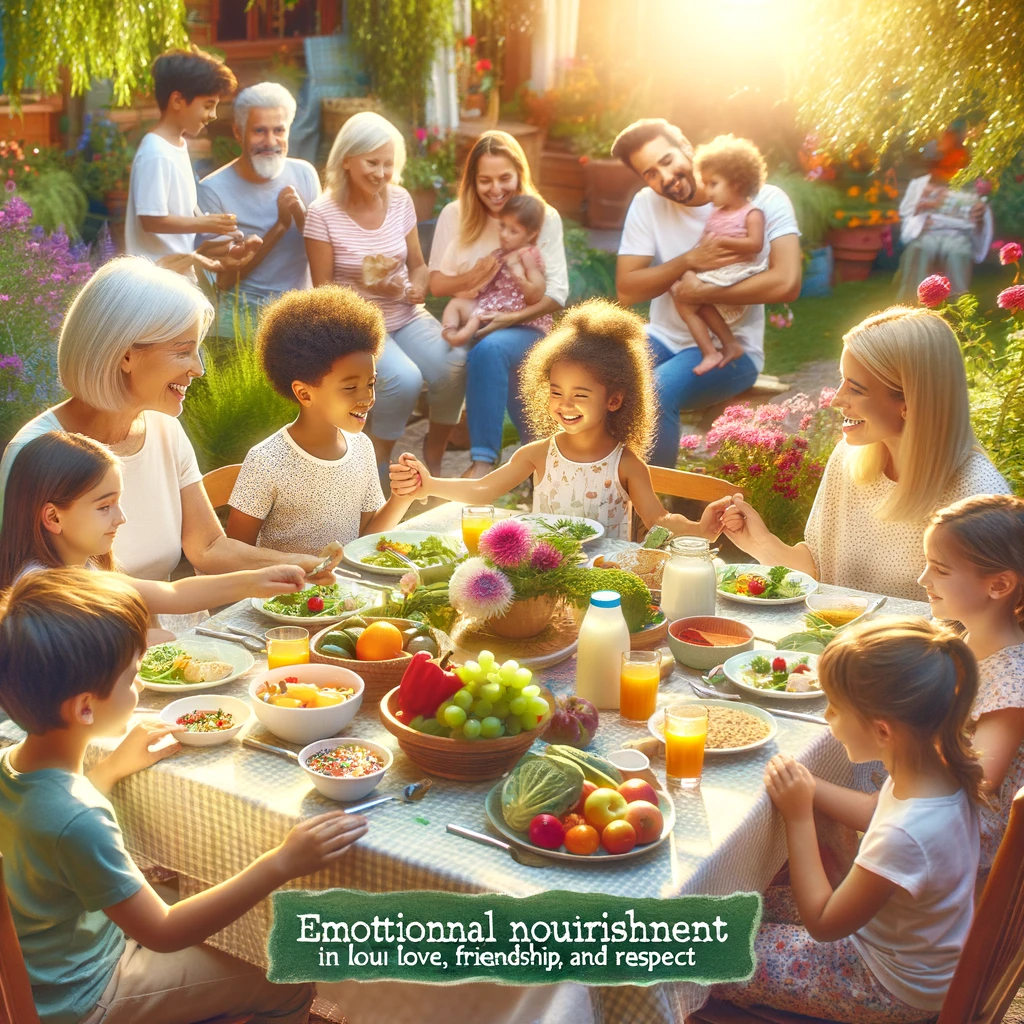Eating to Live or Living to Eat? When Emotions Guide Children’s Eating Habits
Mommy, I’m hungry! Daddy, I want something to chew on! Don’t you sometimes feel like they have no limit to what they eat? Sometimes it’s not so much about what they eat, but how they eat. It’s a matter of frequency. It’s not the intensity either because they don’t eat large quantities. But we do notice a disordered eating pattern. It’s a kind of «pica» that goes unnoticed among activities, the rhythms imposed by the day-to-day, where sometimes our jobs don’t have fixed schedules or are in the same place, and we need to change plans.

The Anxiety Behind Constant Hunger
Whatever the case, we see that our child shows anxiety that manifests in their relationship with food. It seems like nothing is enough, but at the same time, they might feel satisfied immediately and end up leaving what they asked for. It’s like tasting everything all the time but never reaching the maximum. Touching existence, all of it, but bit by bit.
Physical Hunger vs. Emotional Hunger
Sometimes what appears to be anxiety might hide something depressive. We don’t always eat for the same reasons. We don’t always eat for physical hunger but for emotional hunger. The body doesn’t ask for food; it seems like the being does, a nothingness that inhabits us, a void, a gap that we can’t seem to fill.
Overstimulation and Emotional Void
Today, children are overwhelmed with stimuli, yet nothing seems enough. They can’t seem to entertain themselves for long and constantly need someone else to entertain them. This way of eating, more emotional, is linked to a difficulty in handling boredom.
The Value of Constructive Boredom
Related to what we discussed earlier, here too we see the absence of limits, order, and priority. A child must be able to get bored, explore that discomfort, and find a way out of it on their own. In this case, we’re talking about going through a sterile void where nothing is done, nothing is created, to reach a fertile void where being alone can be a fertile ground for creativity, taking ownership of our space of solitude, finding our resources to do something with nothing, with leisure, and the lack of external entertainment. If they get bored, let them learn to un-bore themselves.
Emotional Nourishment vs. Physical Food
This lack of emotional nourishment can’t be filled with food. The underlying conflict isn’t resolved. It’s better to raise strong children than to repair broken adults.
Find Help with a Child Psychologist in Miami
If you notice your child showing signs of emotional hunger, it’s important to seek professional help. A child psychologist can offer effective strategies to manage these behaviors and help your child develop a healthy relationship with food and their emotions. In Miami, we are here to support you in this process.
Discover how emotions can influence children’s eating habits and learn strategies to address emotional hunger with the help of a child psychologist in Miami.
#Mommy, I’m hungry! Daddy, I want something to chew on! Don’t you sometimes feel like they have no limit to what they eat? Sometimes it’s not so much about what they eat, but how they eat. It’s a matter of frequency. #ChildPsychologist #EmotionalHunger #MiamiPsychology #ChildMentalHealth




